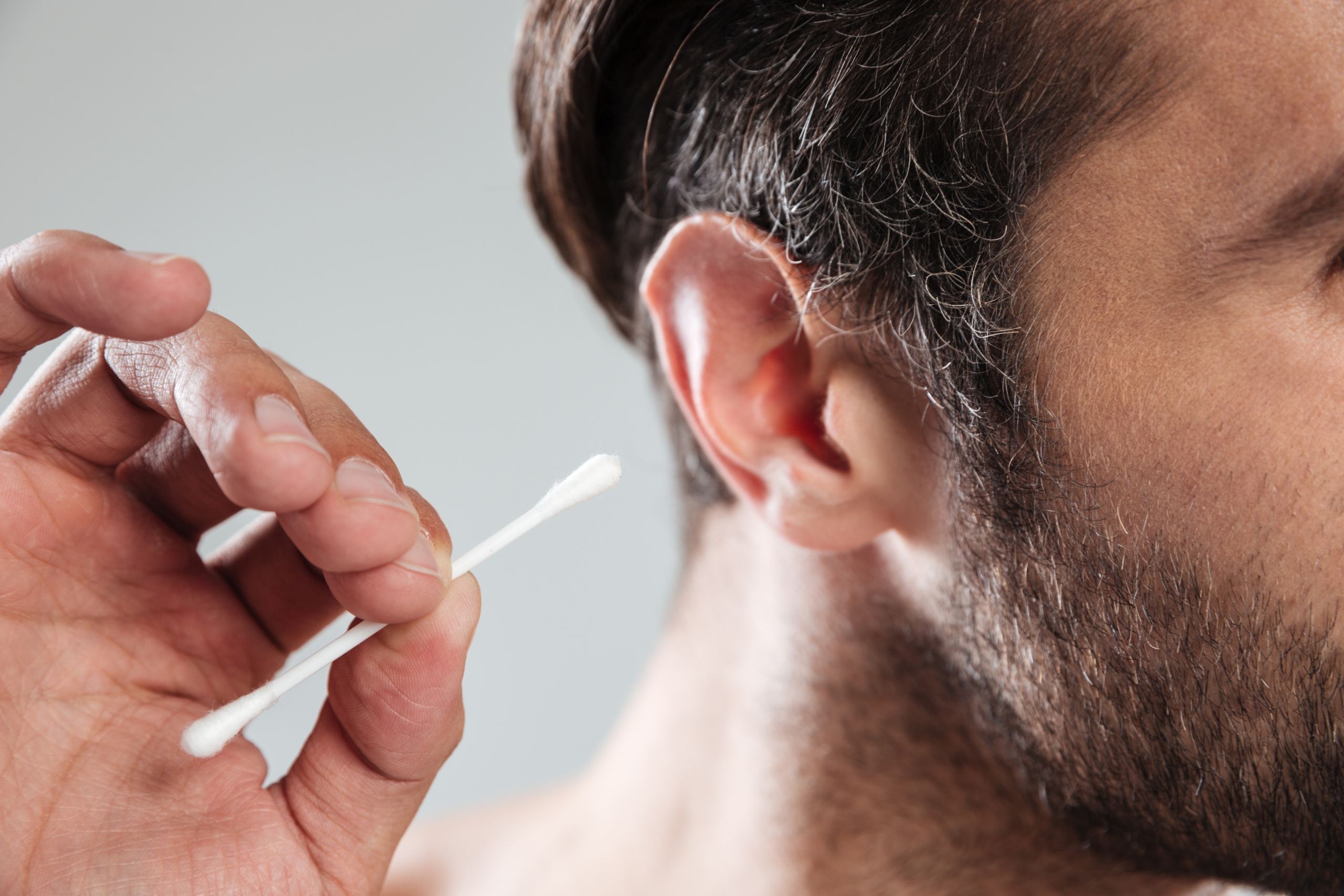How Do I Wash My Ears in Wudu After Applying Oil?
Hanafi Fiqh
Answered by Shaykh Faraz Rabbani
Question
I have very dry itchy ears which require using regular olive oil, but this is always washed away and exacerbated by ear washing during wudhu. Also, my audiologist has advised olive oil and water do not mix.
So how do wash my ears during wudhu?
Answer
In the Name of Allah, the Merciful and Compassionate
I hope you’re doing well, insha’Allah. May Allah grant you health and healing.
If you need to apply oil—or medication—for treatment of your dry ears, you can forgo wiping the ears.
Note that wiping (not washing) the ears is an emphasized sunna—a highly encouraged, but not obligatory or required—action in wudu. It is fulfilled by passing a slightly wetted hand—from the same wetting as wiping the head—over any part of the outer ear. [Shurunbulali, Maraqi al-Falah]
Inserting one’s fingers into one’s ear canals is normally recommended. The sunna itself can be fulfilled without it.
If you can wipe your outer ear—even some part of it, even lightly—then do so. If even this could aggravate your condition or delay healing, then you can leave this, as well. [ibid.]
You will have the full reward for your intention. The Messenger of Allah (peace & blessings be upon him) said that, “If a person becomes sick or travels, they have the full reward of what they would do when healthy or resident.” [Bukhari]
And Allah is the giver of success and facilitation.
[Shaykh] Faraz Rabbani
Shaykh Faraz Rabbani spent ten years studying with some of the leading scholars of recent times, first in Damascus, and then in Amman, Jordan. His teachers include the foremost theologian of recent times in Damascus, the late Shaykh Adib al-Kallas (may Allah have mercy on him), as well as his student Shaykh Hassan al-Hindi, one of the leading Hanafi fuqaha of the present age. He returned to Canada in 2007, where he founded SeekersGuidance in order to meet the urgent need to spread Islamic knowledge–both online and on the ground–in a reliable, relevant, inspiring, and accessible manner. He is the author of: Absolute Essentials of Islam: Faith, Prayer, and the Path of Salvation According to the Hanafi School (White Thread Press, 2004.) Since 2011, Shaykh Faraz has been named one of the 500 most influential Muslims by the Royal Islamic Strategic Studies Center.
__________
Thumbnail Picture by Drobotdean on Freepik
 drobotdean
drobotdean